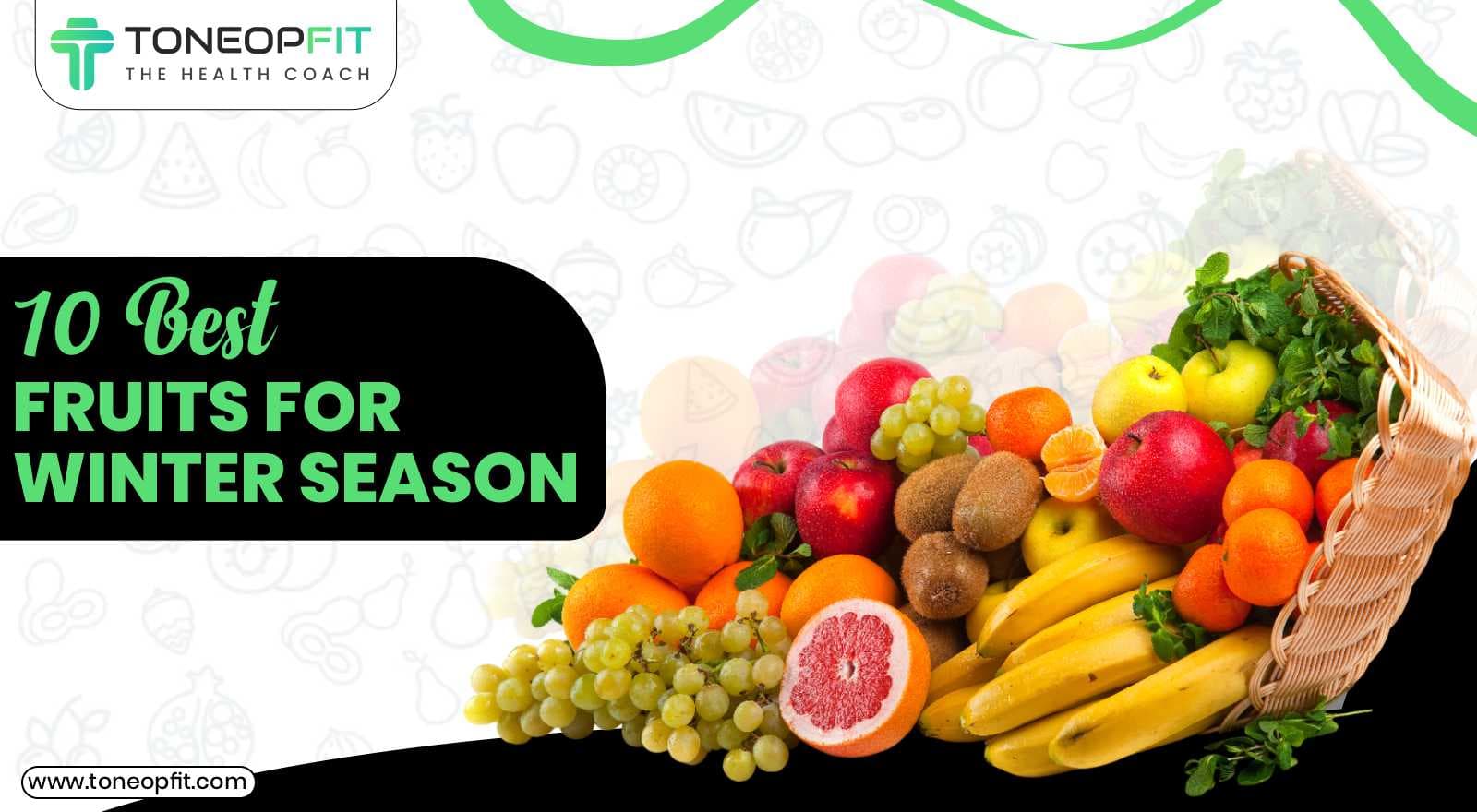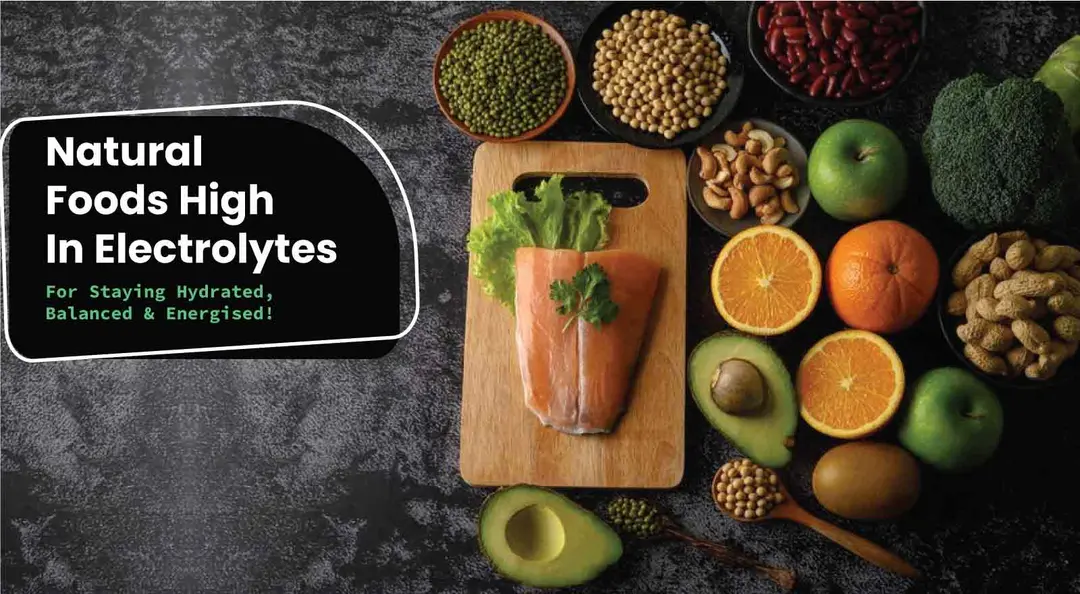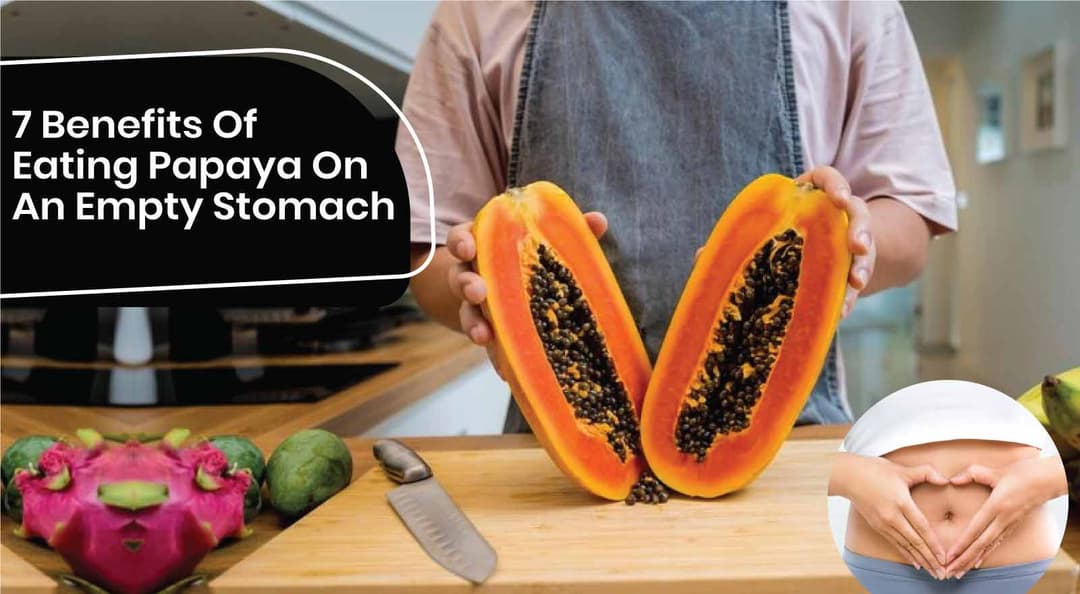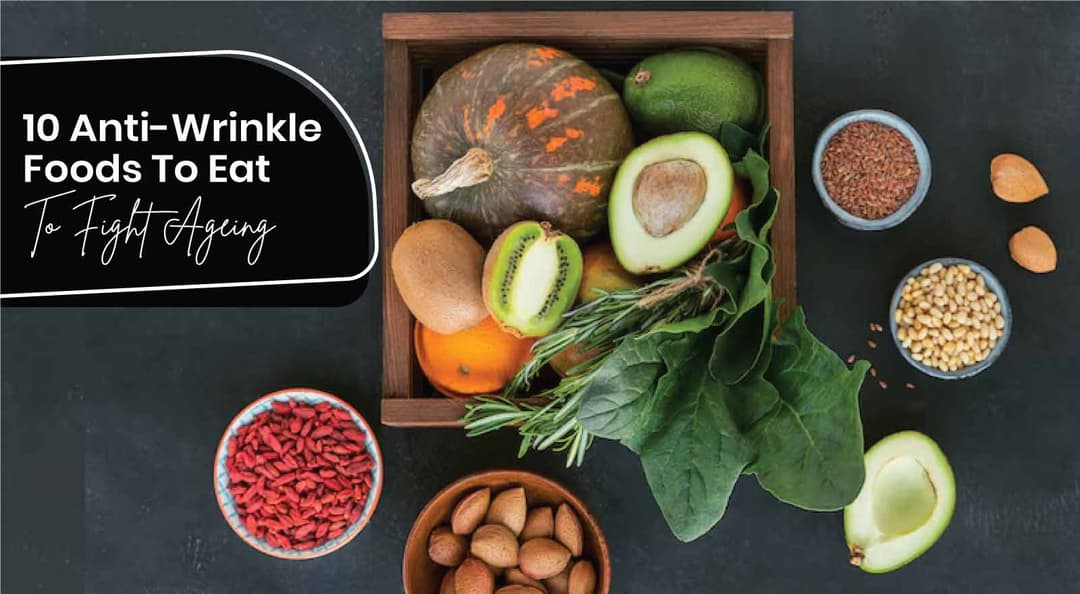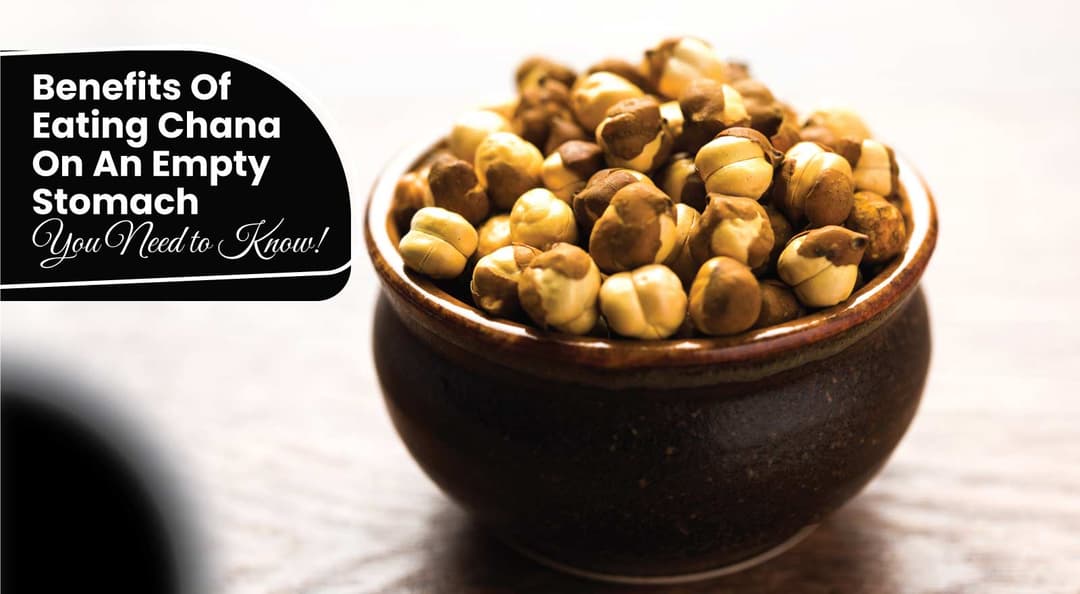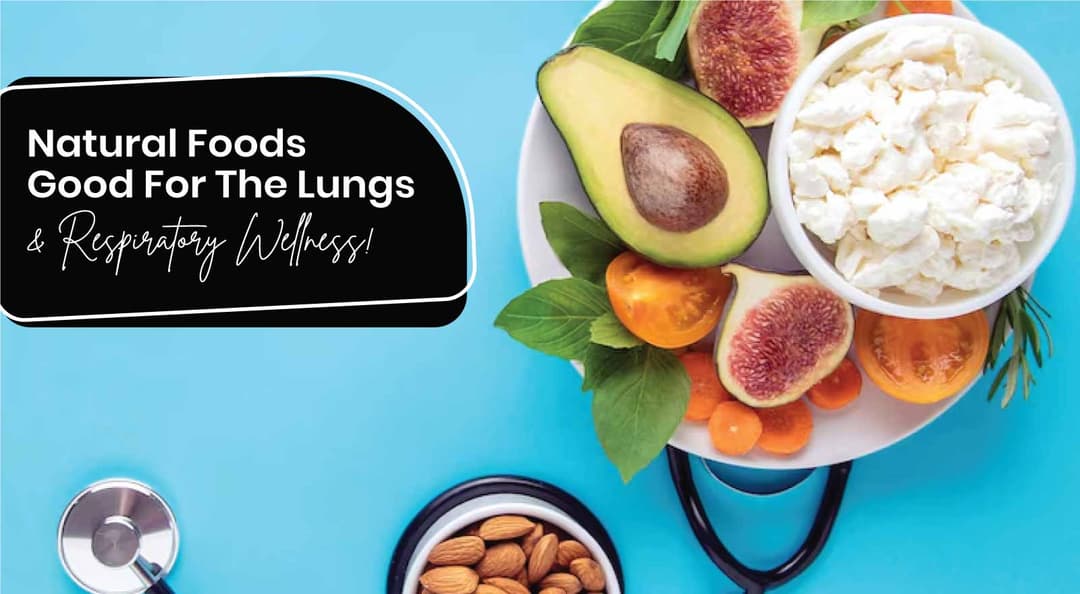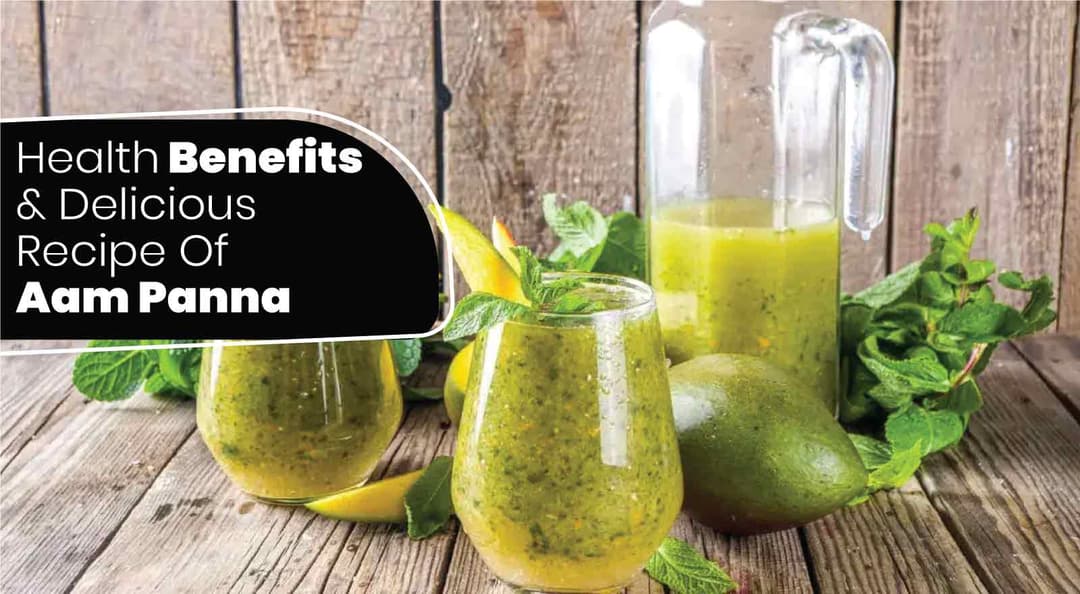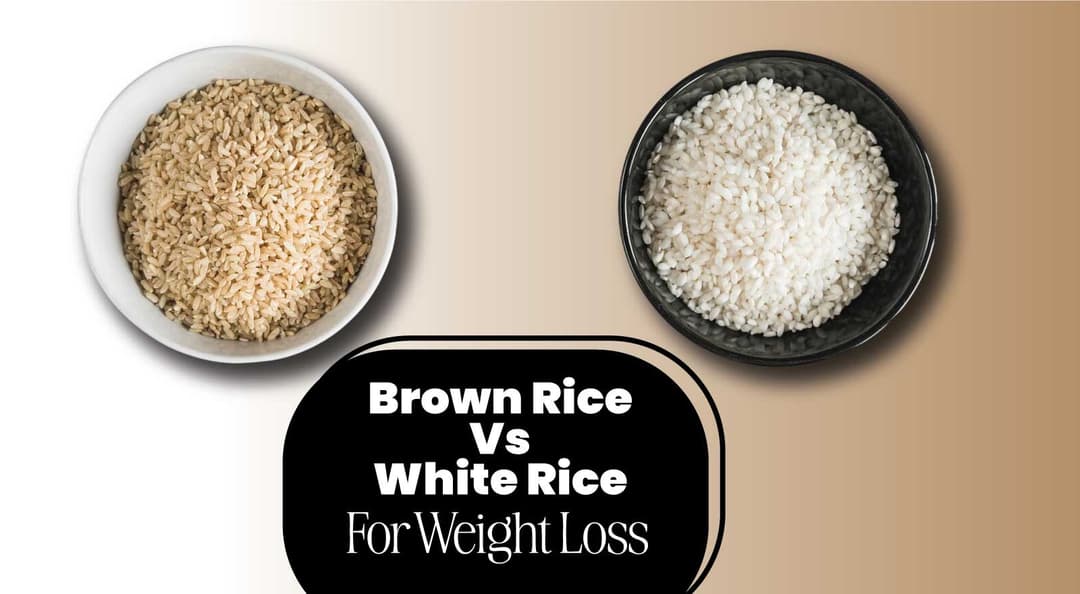Winter brings many health challenges, from weakened immunity and seasonal colds to dry skin and sluggish digestion. Are you wondering how to stay healthy, energised, and nourished during these colder months? The answer lies in selecting the best fruits for the winter season that protect your immune system and provide nutrients to prevent the harsh effects of winter. Certain fruits are winter's ultimate health boosters, from antioxidant-rich pomegranates and vitamin C citrus fruits to fiber-loaded apples and kiwis. However, not all fruits are ideal for colder weather, which disrupts your body’s balance in winter due to their cooling properties.
But which fruits should you choose and avoid for better health? This blog explores the ten best fruits for the winter season to keep you warm and healthy, alongside the categories of fruits you might want to avoid to ensure your body thrives during winter. So, let's get started!
Table Of Contents
1. What Fruits Are Good For The Winter Season? Top 10 Winter Fruits
2. What Is The Best Fruit To Grow In Winter?
3. Which Fruits Should Not Be Eaten In Winter? 3 Categories
4. The Final Say
5. FAQs
6. References
What Fruits Are Good For The Winter Season? Top 10 Winter Fruits

With its chilly winds plus dry air, winter can take a toll on our health, and this is where healthier food swaps come in handy. Fortunately, nature provides various seasonal winter fruits that are delicious and full of essential nutrients to keep us warm and healthy. Let’s explore these ten fruits for the winter season that you should consider:
1. Pomegranates
Pomegranates are a winter superfruit offering the required antioxidants and minerals. Their high vitamin C supports immunity, reducing the risk of colds and flu. Rich in polyphenols, they reduce inflammation and promote heart health by improving blood circulation and blood pressure. The fibre in pomegranates aids digestion and keeps you full, while their antioxidants guard against ageing. Enjoy them fresh, as juice, or in salads to enhance your winter diet.
Try ToneOp Care's Spirulina Powder is a blend of nutrients, hailed as an "Astronaut food" for its exceptional nutritional profile. This vegan, gluten-free powder includes 46 antioxidants and over 90 essential nutrients. It offers many benefits, including improved eyesight, increased haemoglobin levels, stronger immunity, and enhanced energy.
2. Kiwi
Kiwis are high in vitamin C portion, which helps boost immunity and fight seasonal infections. Besides, they are a good source of dietary fibre, which helps digestion and especially prevents constipation, which is common in winter months. Kiwis are the best foods to increase stamina.
They have vitamin E and carotenoids, antioxidants that ensure the skin is not dry and damaged by the winter winds. Thanks to their potassium, they also help maintain heart health as it regulates blood pressure. Include them in smoothies or desserts, or just sway munch on them for a healthy treat.
3. Apples
Apples are a classic winter fruit known for their versatility and health benefits. High in dietary fibre, particularly pectin, they support gut health by improving digestion and reducing harmful cholesterol levels.
Apples are also a great source of vitamin C and antioxidants like quercetin, giving the benefits of eating fruits on an empty stomach to strengthen the immune system and reduce inflammation. Their natural sugars provide a steady energy boost, making them an excellent snack. Whether eaten raw, baked, or added to oatmeal, apples are a nutritious winter staple.
Try ToneOp Care's Wheat Grass Powder for a natural boost to your health. Packed with essential nutrients and antioxidants, this vegan and gluten-free powder aids in detoxification, weight management, and digestive health. Enjoy the benefits of 100% natural wheat grass in every serving.
4. Strawberries
Strawberries are a delightful winter fruit with vitamin C, manganese, and antioxidants. These nutrients strengthen immunity, improve skin hydration, and combat dryness caused by cold weather. Strawberries also support heart health by improving cholesterol levels and reducing blood pressure. Their fibre promotes digestion and keeps you full longer, aiding in weight loss. Enjoy them fresh, in healthy smoothies, or as a topping for yoghurt to brighten your winter meals.
5. Plums
Plums are small but mighty fruits with a variety of health benefits. They are rich in vitamin A, which supports vision and skin health, and vitamin K, which enhances bone strength and aids blood clotting. Plum antioxidants, like anthocyanins, reduce inflammation and protect against cellular damage. Their high fibre improves digestion and helps regulate blood sugar levels. Eat plums fresh, dried, or as part of jams and baked goods for a nutritious winter treat.
For a natural and plant-based way to boost your strength and muscle-building goals, try ToneOp Care's Alfalfa Powder, which is the perfect solution. This superfood is packed with essential nutrients and vitamins. Whether you're a vegan or simply looking for a healthier way to fuel your body, Alfalfa Powder help you achieve your fitness objectives.
6. Grapefruit
Grapefruit is a winter citrus fruit with vitamin C and immune-enhancing properties, making it suitable for preventing colds that accompany the winter season. It also contains antioxidants such as lycopene, which keeps the heart healthy and reduces inflammation.
Grapefruit is high in potassium and helps in managing very important blood pressure. This is also one of the best fruits for weight loss as they are low in calories and fibre. These will be a great addition to breakfast bowls or fresh juices as the refreshing taste for the winter diet.
7. Persimmon
Persimmons are high in beta-carotene and vitamin A, enabling good eyes, beautiful skin and a healthy immune system. Considering the deliciousness and the other benefits, Persimmons are fruits that must be included in the diet. They are also low in calories and have a low glycemic index. That means they do not raise blood sugar levels too much. Sugary compositions also get absorbed slowly in the bloodstream and are released when needed. This contributes to quick energy levels and stamina.
Enjoy it as a salad and sprinkle Moringa Leaf Powder from ToneOp Care. This vegan, gluten-free powder offers 92 nutrients and 46 antioxidants, making it beneficial for liver, kidney, heart, and lung health.
8. Papaya
Papayas are tropical fruits that thrive even in winter, offering multiple health benefits. They are rich in vitamin C, which boosts immunity, and papain, an enzyme that aids digestion and reduces bloating. The papaya antioxidants, such as beta-carotene and flavonoids, protect skin from dryness and promote a youthful glow. Their anti-inflammatory properties help soothe sore throats and respiratory issues common in winter. Add papayas to fruit bowls smoothies, or eat them plain for a nutritious snack.
9. Winter Squash
Though commonly mistaken for a vegetable, winter squash is a fruit full of nutrients, making it one of the best foods that burn belly fat fast. It is rich in beta-carotene, which transitions to vitamin A portion in the body, supporting eye health and immunity. Its high fibre promotes digestive health and helps regulate blood sugar levels. Winter squash also contains potassium, which supports heart health plus muscle function. Use it in soups, roasted dishes, or purees to enjoy its warming, comforting flavours during colder months.
Enjoy ToneOp Care's raw, unroasted Sunflower Seeds and Pumpkin Seeds products as a nutritious snack with balanced nutrients that can support heart health, improve skin appearance, aid weight loss, and boost your immune system.
10. Guava
Guava, a winter delight, is high in minerals and antioxidants. This tropical fruit is high in required vitamin C, strengthening the immune system plus promoting healthy skin. It also contains fibre, potassium, and magnesium, which aid digestion, regulate blood pressure, plus support bone health. Also, the antioxidants in guava reduce oxidative stress, reducing the risk of chronic diseases. Enjoying guava as a fresh fruit, juice, or jam contributes to a healthier body.
Try ToneOp Fit's 1-Year Transformation Plan, which provides a comprehensive weight management and wellness approach. This holistic program focuses on internal and external factors, combining a Sattvic diet with natural therapies and mind-body wellness techniques. Naturopaths will create a customised plan incorporating Ayurveda and herbal remedies to aid in weight loss. Also, stress relief and ancient yoga practices will support your body's natural detoxification and weight loss processes.
Also Read: Is Eating Banana On An Empty Stomach Healthy
What Is The Best Fruit To Grow In Winter?
The best fruit to grow in winter depends on your specific climate and growing zone. However, consider these popular winter fruit choices that thrive in cooler weather:
1. For Temperate Climates
- Apples: Hardy and versatile, apples come in countless varieties, each with its unique flavour and ripening time.
- Pears: Pears are another classic winter fruit that offers a sweet and juicy taste.
- Citrus Fruits: Oranges, lemons, and grapefruits are healthy for warmer winter climates.
2. For Colder Climates
- Cranberries: These tart berries are perfect for making sauces, jellies, and other winter treats.
- Strawberries: While typically spring fruits, some varieties can be grown in protected environments during winter.
- Kiwi: These fuzzy fruits thrive in cooler climates and can be grown on fences.
Try ToneOp Fit's comprehensive Diet+Fitness Weight Loss Plan, which offers the best easy-to-follow recipes and engaging live workout sessions. With personalised guidance from a dedicated fitness coach, you'll achieve your goals. Enjoy the convenience of home workouts, a vast library of pre-recorded videos, and 24/7 support.
Also Read: Healthy Foods For Weight Loss To Add In Your Diet
Which Fruits Should Not Be Eaten In Winter? 3 Categories
While fruits are usually beneficial, be mindful of the types you consume during winter and fruits you should avoid to prevent discomfort. Certain fruits, particularly those not seasonally available or prone to spoilage, may not be ideal choices for this time of year. Note these three major categories of fruits to avoid in colder months:
Category | Fruits | Reasons to Avoid |
Cold and Flu Triggers | Grapes, Watermelon, Lemons | While these are full of vitamins, consuming them during cold and flu season can increase symptoms. The acidic nature of grapes and lemons can also irritate the throat and worsen cough. |
Histamine-Rich | Tomatoes, Peaches, Blueberries | Histamine, a compound released in response to allergens, can contribute to inflammation and mucus production. Consuming histamine-rich fruits during winter, when respiratory issues are common, can worsen runny nose, congestion, and sinus pressure. |
Non-Seasonal | Fruits grown out of season, like melons and mangoes | Non-seasonal fruits are often harvested before they are fully ripe, leading to a lower nutrient profile. They may also be treated with chemical preservatives to extend their shelf life, which has adverse health effects. |
Also Read: What Is Malnutrition Disease? Know The Symptoms, Causes, And Foods To Eat To Prevent It!
The Final Say
As we wrap up exploring the best fruits for the winter season in India, it's clear that nature provides us with a bounty of seasonal delights that satisfy our taste buds and nourish our bodies. These nutritious fruits, good in winter, can boost your immunity, improve digestion, and enhance your wellness. However, be mindful of the fruits that may not be ideal for winter consumption and make informed choices about the fruits you consume.
FAQs
1. Why are winter fruits beneficial for health?
Winter fruits like apples and berries contain essential nutrients like vitamins, minerals, and antioxidants. Vitamin C in these fruits strengthens the immune system, while antioxidants combat oxidative stress. They also aid digestion, hydrate the body, and regulate blood sugar levels.
2. How can I include more winter fruits into my diet?
Consider adding winter fruits to your daily routine to incorporate more of their benefits into your diet. Snack on fruits like apples or pears, create refreshing fruit salads, blend them into smoothies, or bake them into delicious desserts. Infusing water with citrus fruits or berries is another great way to enjoy their benefits.
3. Are winter fruits good for weight loss?
Yes, winter fruits can be a valuable part of a weight loss plan. They are low in calories and high in fibre, which can help you feel fuller for longer. The natural sweetness of seasonal fruits can satisfy sugar cravings without unhealthy treats. However, a balanced diet gives sustainable weight loss.
References
- https://www.fruitsmith.com/blog/post/winter-season-fruits-to-stay-healthy?srsltid=AfmBOooyDVTSCIz6chbqM-t8fMbyPyU_lFS5cUuSBuh9or6yRVgCKQB_
- https://foodinsight.org/seasonal-produce-winter-fruits-and-vegetables/
- https://www.masteringdiabetes.org/10-winter-fruits-to-enjoy/
- https://traya.health/blogs/hair-care/fruits-to-avoid-during-cough-and-cold-and-which-fruit-is-good-for-cold-and-cough?srsltid=AfmBOoqmoNiLmh1FZRk3bLx-UcQUsBafFQWHBRjj2jS7XTUK42AA1MOr
- https://www.practo.com/healthfeed/foods-to-eat-and-avoid-during-cold-weather-50558/post
About ToneOp Fit
ToneOp Fit is a platform dedicated to improving and maintaining good health through a comprehensive range of goal-oriented health plans with up to 3 Coach support. With a range of Weight Management, Medical Condition, Detox Plans, and Face Yoga Plans, the app also provides premium health trackers, recipes and health content. Get customised diet, fitness, naturopathy & yoga plans and transform yourself with ToneOp.











